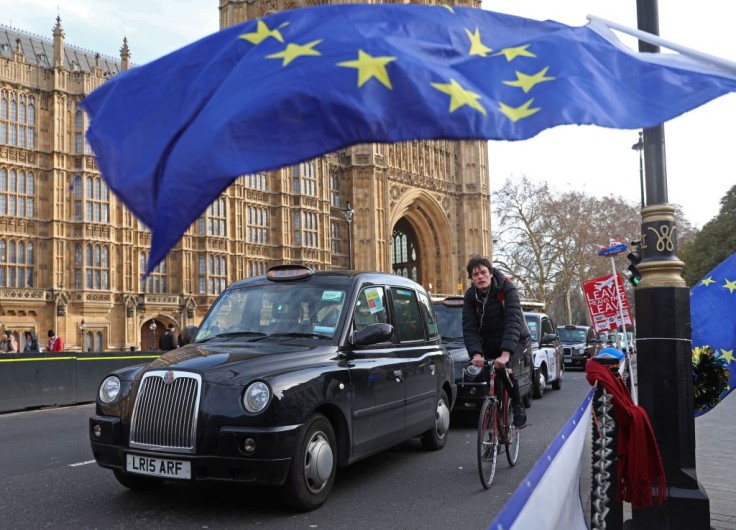The European Union (EU) is set to require the inclusion of an anti-speeding technology called the Intelligent Speed Assistance (ISA) in all newly made cars entering Europe by July 2024.
The objective of thisdirective, which is part of the broader General Vehicle Safety Regulation, which took effect Thursday, is to protect Europeans against traffic accidents, poor air quality and climate change, and empower them with new mobility solutions that match their changing needs, and defend the competitiveness of European auto industry.

EU ISA Directive Seen as 'Major Step Forward in Road Safety'
Having ISA in cars, the EU added, is a "major step forward in road safety" and carries the "potential to dramatically reduce road traffic injuries and fatalities." Automakers, it said, will now have the "opportunity to maximise the potential ISA presents for creating safer roads for all."
ISA refers to a group of systems that can spot road speed limits through front-mounted cameras, GPS data or both. Depending on the installed ISA in the vehicle and how it's configured by the driver, the technology can offer reminder feedback about the speed limit, automatically adjust cruise control to match the road's speed or even reduce power to the motor to decelerate speeding vehicles.
The nonprofit European Transport Safety Council, which pushes for road safety measures in the EU, welcomes the new regulation but that the ISA's minimum standard of a beeping sound could be annoying to drivers and inadequate for safety. In addition, ETSC said, cars could get inaccurate speed information if they're equipped with systems that determine speed limits by merely using cameras to detect signage and don't have a digital map of speed limits.
Many drivers in Europe are already taking ISA-equipped vehicles on the road, and major car manufacturers such as Honda, Ford, Jeep and Mercedes-Benz have relaesed certain ISA-installed models in the European market. According to a certain studies, such a scenario wherein ISA is mandated, could lead to result in around 26 to 50 percent fewer fatalities.
ISA Still Far From Perfect
ISA technology, however, is far from perfect, Autocar noted. During a road test, the ISA system was occasionally "slow to respond" and as it reached a quiet English village, the ISA set the speed limit at 60 miles per hour.
ISA regulation offers a number of options for feedback to the driver when they are speeding: an acoustic warning, a vibrating warning, haptic feedback through the acceleration pedal, and, speed control, where the speed is "automatically gently reduced."
Car manufacturers will be "free to choose" from any of the above, and the driver will be able to override all of these options. In one example, if the ISA makes the car reduce0 speed automatically, the driver will be able to speed up by "pressing the acceleration pedal a little bit deeper." Furthermore, the driver will be able to disable the system completely should thee ISA become too annoying to the driver, though the system will be reviewed as it becomes more widely implementation and this means, it may change in the future.









